Our educational philosophy is based on the idea that young children learn best through creative play. The early years are crucial for exploration, creativity, and fostering a love of learning. Our program encourages exploration, play, and social interaction, helping children prepare for future learning while building friendships and cooperation skills. The curriculum is designed to be flexible, recognizing that each child develops at their own pace. Learning experiences will be tailored to meet the individual needs of each student, ensuring that every child is both supported and challenged based on their unique strengths and developmental progress. Additional skills will be introduced as students are ready, providing opportunities for exploration and growth. However, mastery of these skills is not expected before kindergarten. The focus is on building a strong foundation, with continued growth and learning taking place in the years ahead.
Language Arts
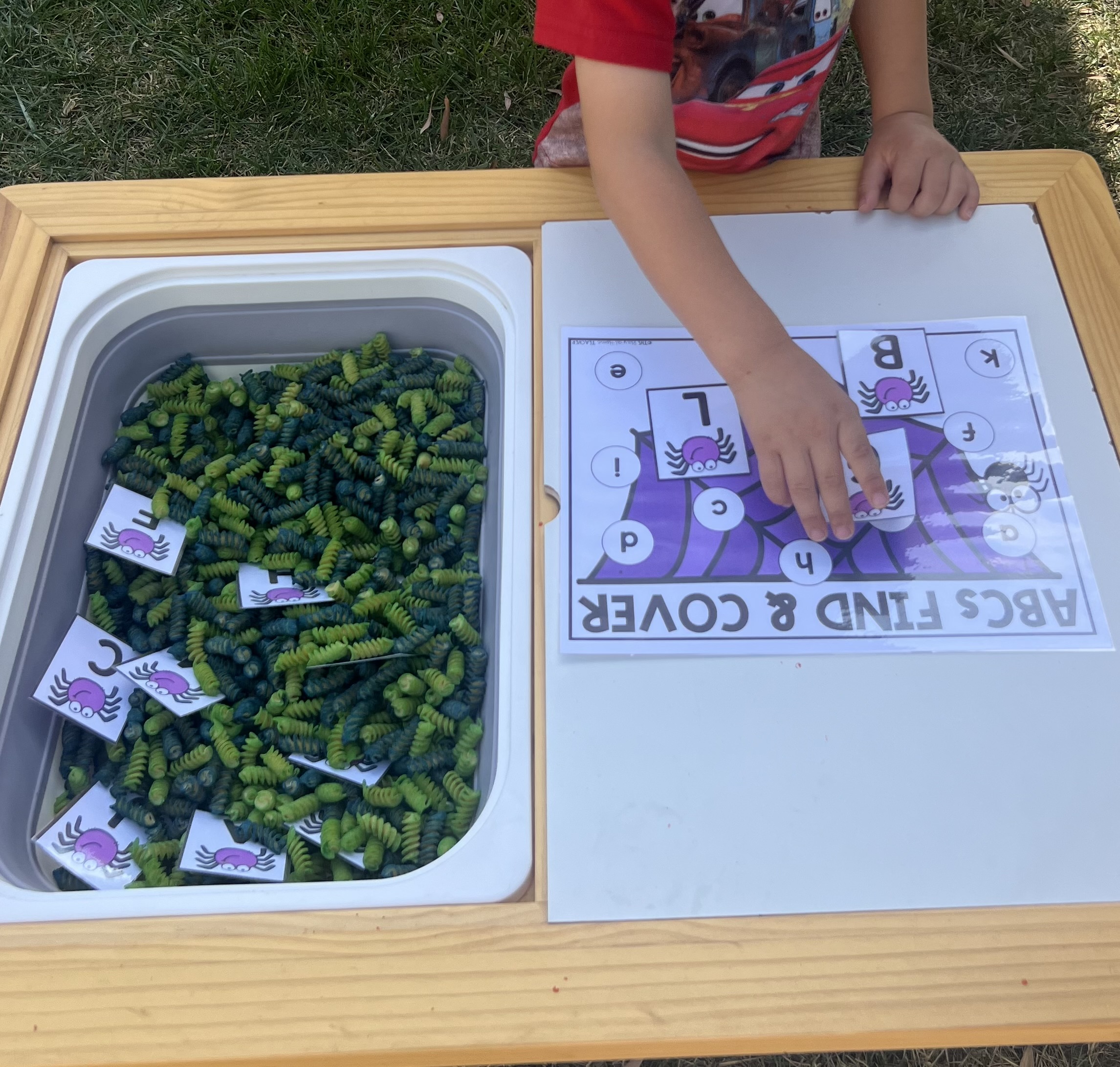
- Alphabet Exposure: Learning letter names, sounds, blending, and word families.
- Phonemic Awareness: Developing awareness of sounds.
- Name Recognition: Recognize, spell, and write first names.
- Fine Motor Development: Hold writing tools correctly (pencil, crayon).
- Concepts of Print: Understand left-to-right reading direction, holding books correctly.
- Vocabulary Building: Expand vocabulary through exposure and conversation.
- Listening Skills: Develop active listening during reading and group discussions.
Math
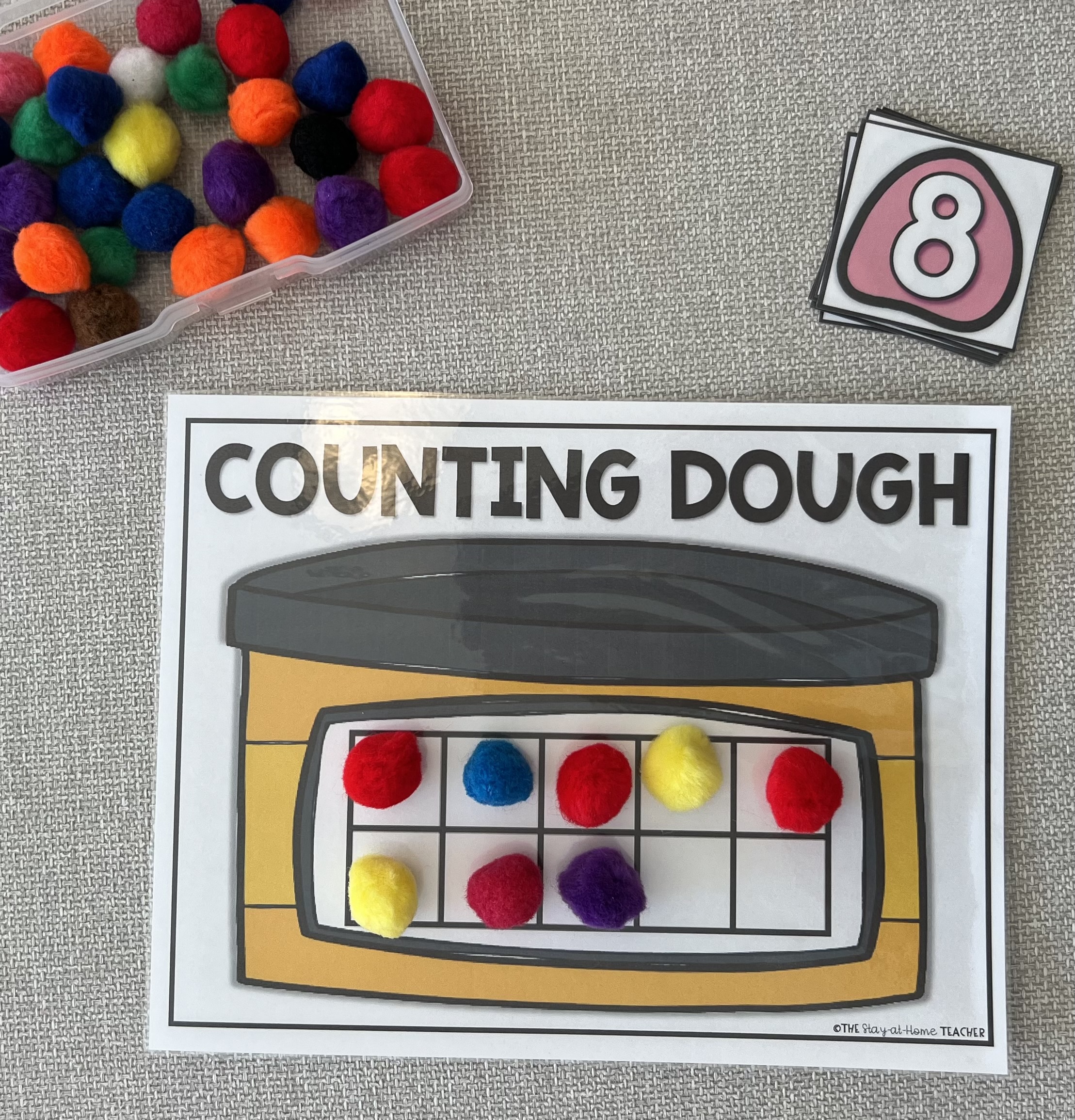
- Number Recognition: Recognize numbers 1-20.
- Counting: Count objects up to 20.
- One-to-One Correspondence: Match objects to numbers.
- Sorting: Sort objects by attributes like color, shape, and size.
- Patterns: Recognize and create patterns (AB, AABB, ABC, etc.).
- Sizes and Shapes: Identify small, medium, large, square, rectangle, circle, triangle.
- Matching: Match symbols, shapes, and patterns.
Social Emotional
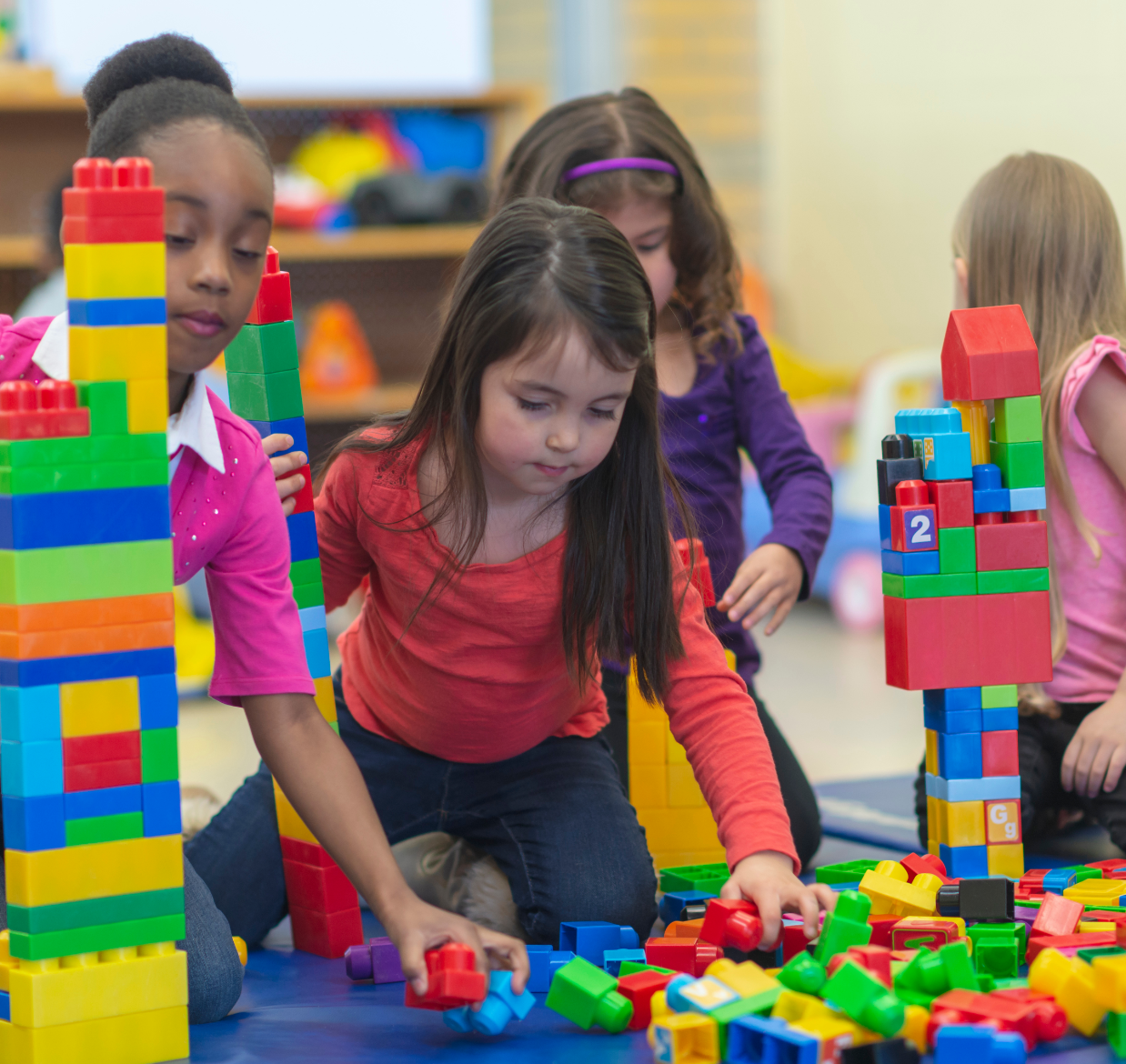
- Collaboration: Work with classmates on group projects and activities.
- Curiosity: Show eagerness and curiosity as a learner.
- Respect: Use classroom materials respectfully and care for shared spaces.
- Conflict Resolution: Use words or seek help from adults to resolve conflicts.
- Problem-Solving: Apply problem-solving skills in social situations and group work.
- Manners: Practice manners, including “please,” “thank you,” and appropriate table manners.
- Accomplishment: Develop a sense of pride and accomplishment through successful task completion.
Science
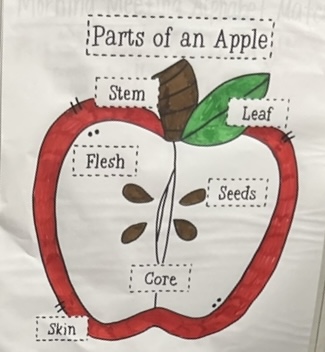
- Exploration: Use basic science tools for observation and discovery.
- Life Cycles: Observe and discuss the life cycles of plants, insects, and animals.
- Weather: Observe and discuss weather patterns.
- Color Exploration: Identify colors and experiment with color mixing.
- Senses: Explore the world using all five senses.
Creative Arts
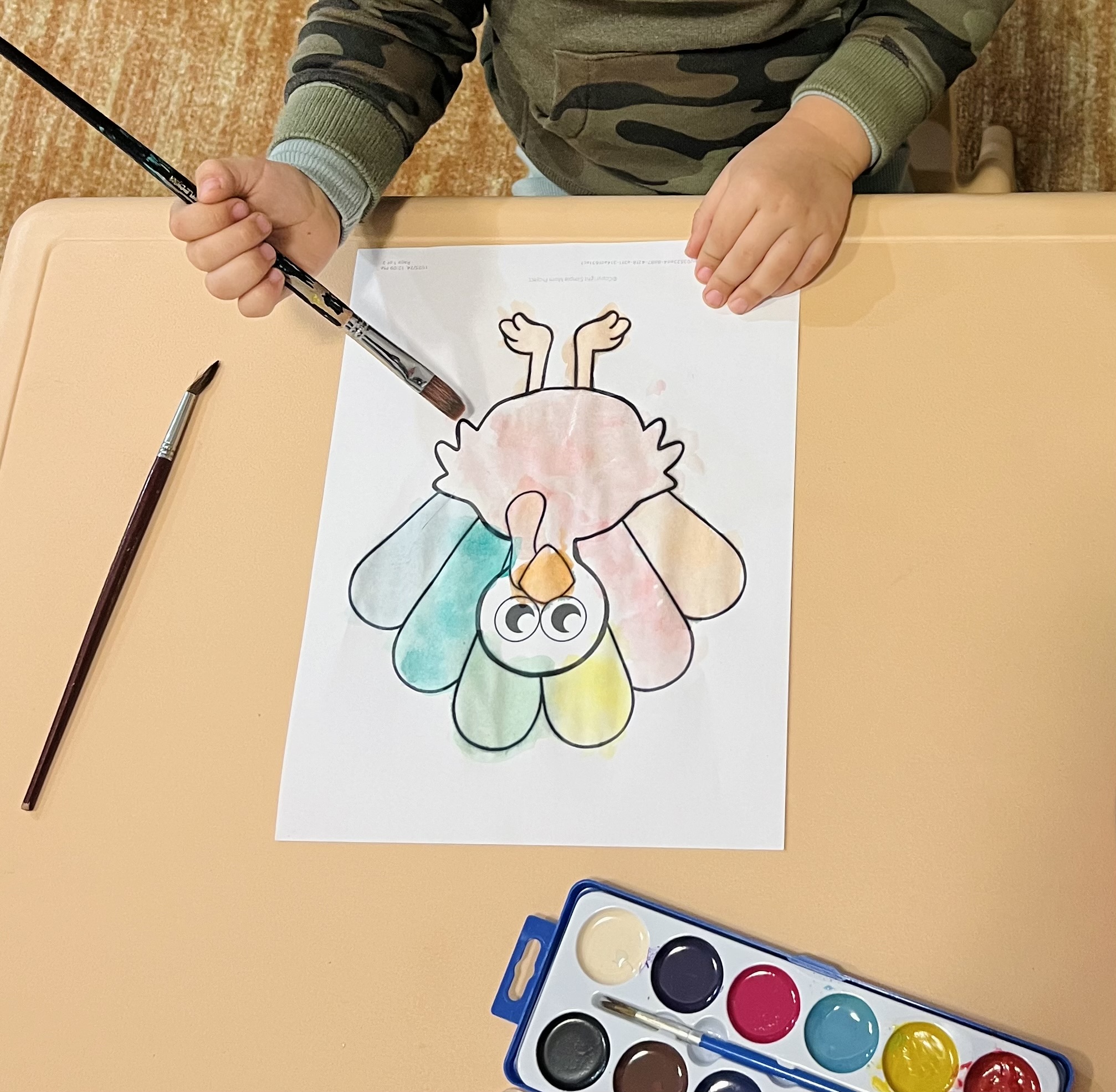
- Art: Explore different art materials (crayons, paint, watercolors, colored pencils, markers, chalk).
- Dramatic Play: Engage in dramatic play, acting out stories and engaging in pretend play.
- Outdoor Play: Promotes physical health, builds gross motor skills, and encourages exploration.
